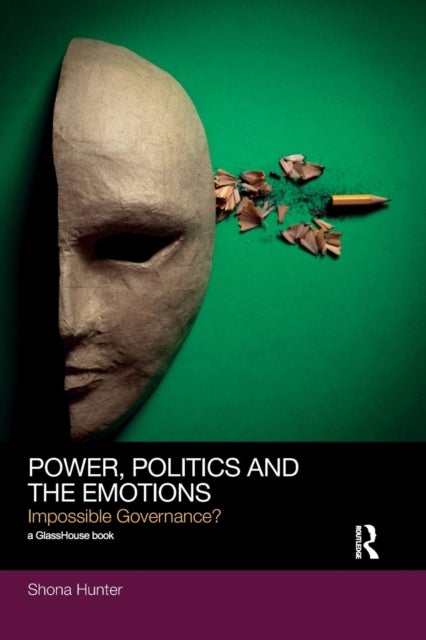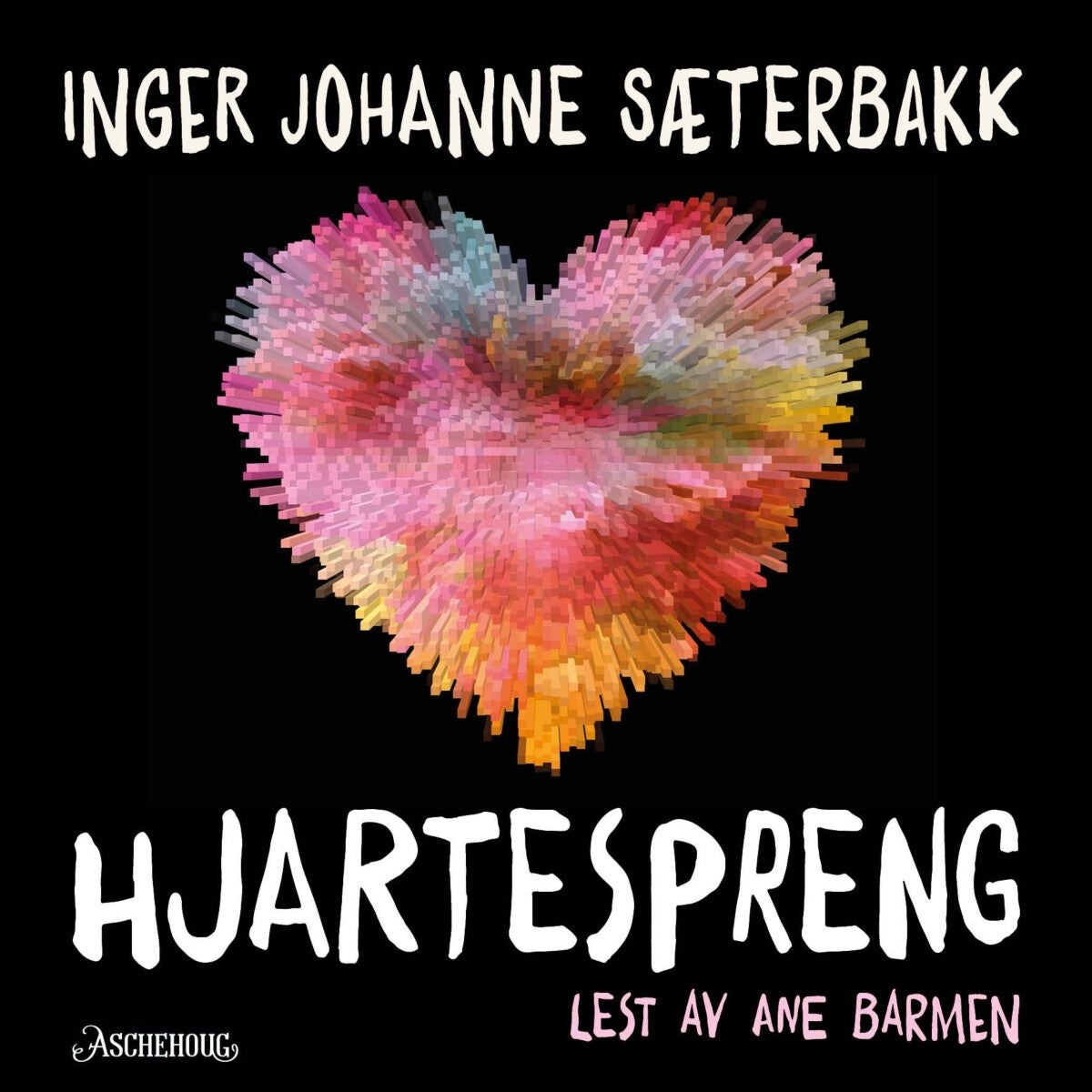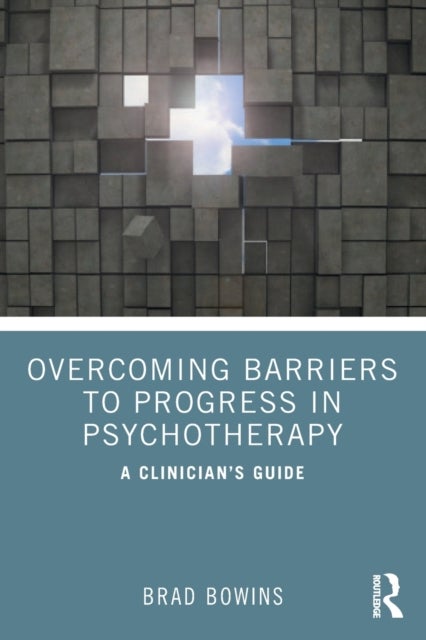
Power, Politics and the Emotions av Shona (University of Leeds UK) Hunter
679,-
<P>How can we rethink ideas of policy failure to consider its paradoxes and contradictions as a starting point for more hopeful democratic encounters? </P><P>Offering a provocative and innovative theorisation of governance as relational politics, the central argument of Power, Politics and the Emotions is that there are sets of affective dynamics which complicate the already materially and symbolically contested terrain of policy-making. This relational politics is Shona Hunter¿s starting point for a more hopeful, but realistic understanding of the limits and possibilities enacted through contemporary governing processes. Through this idea Hunter prioritises the everyday lived enactments of policy as a means to understand the state as a more differentiated and changeable entity than is often allowed for in current critiques of neoliberalism. But Hunter reminds us that focusing on lived realities demands a melancholic confrontation with pain, and the risks of social and physical death a








